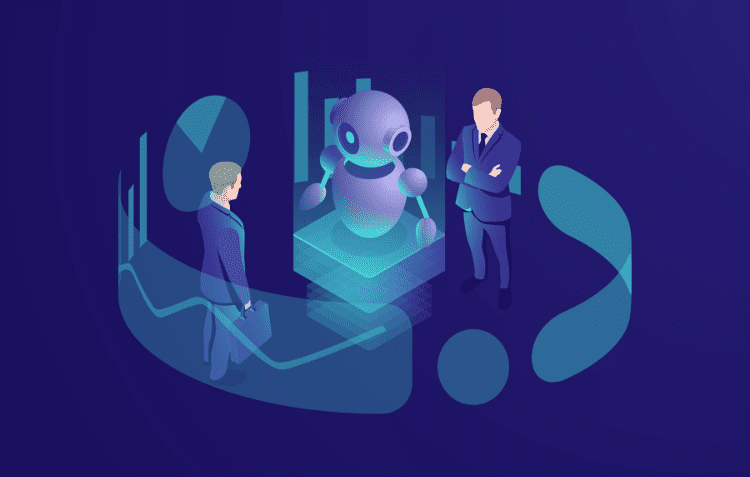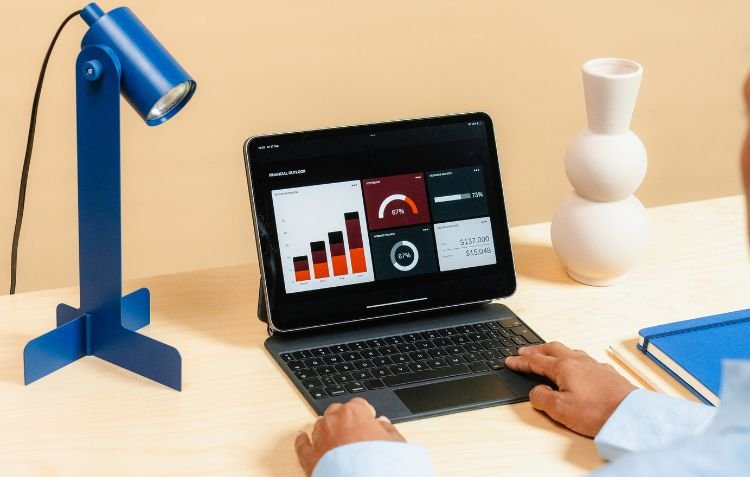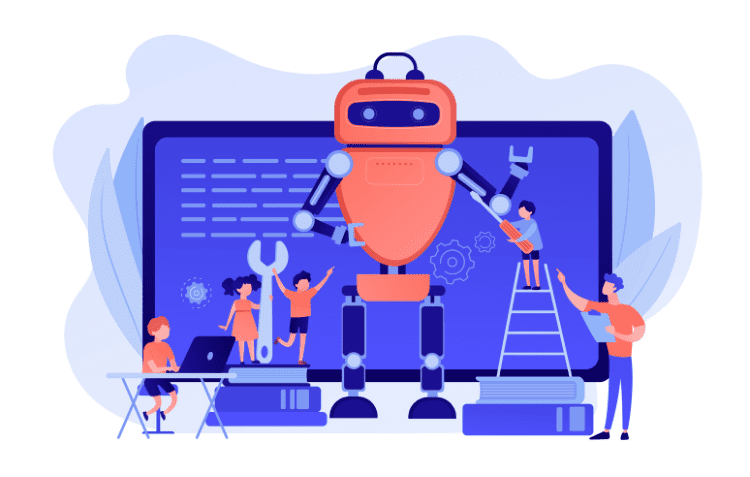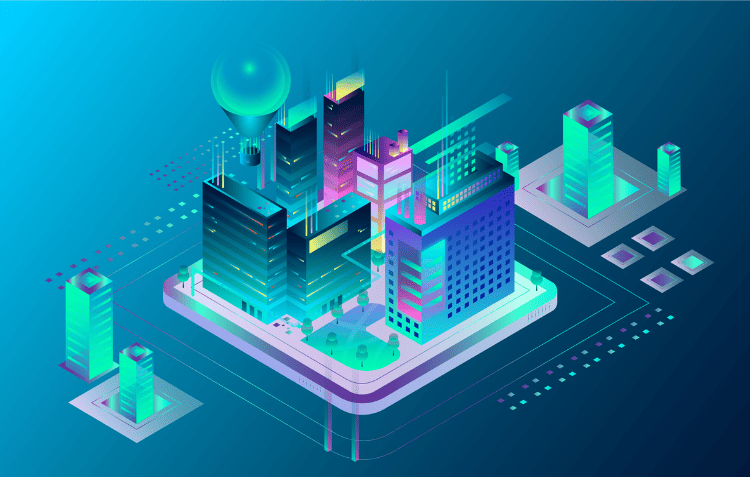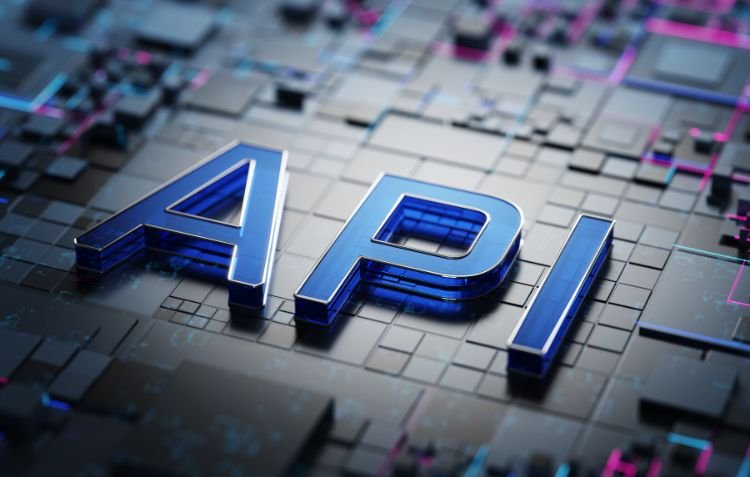Proven Benefits of AI Personal Assistants You Can’t Ignore
Introduction
In today’s fast-paced world, AI personal assistants are transforming how we manage our daily tasks, both personally and professionally. These smart tools, powered by advanced machine learning algorithms, have evolved from simple task managers to highly sophisticated platforms capable of handling complex workflows, customer interactions, and data analysis. The benefits of AI assistants extend far beyond convenience, offering real value to businesses and individuals looking to boost productivity and efficiency.
From automating routine tasks to enhancing decision-making, AI personal assistants have become indispensable in various sectors. This article will explore the top 7 benefits of integrating AI personal assistants into your workflow, providing you with a deeper understanding of how these technologies can optimize daily operations.
Automating Routine Tasks
One of the most significant benefits of AI assistants is their ability to handle repetitive, routine tasks. From scheduling meetings and setting reminders to managing emails, AI personal assistants can perform these activities without human intervention, freeing up valuable time for more strategic work. This not only increases efficiency but also reduces the mental load on employees.
For instance, assistants like Siri, Google Assistant, and Amazon Alexa can set reminders, make calls, and even manage home automation systems with a simple voice command. Businesses, too, benefit from AI assistants in customer service, where they can handle tasks like order processing, appointment scheduling, and simple customer inquiries autonomously.
A survey conducted by McKinsey shows that automating tasks with AI can boost productivity by as much as 40%, a clear indication that AI assistants significantly reduce time spent on mundane, non-strategic activities.
Enhancing Customer Service
AI personal assistants have revolutionized customer service by handling queries 24/7, offering quick and accurate responses. Many businesses integrate AI assistants into their customer support systems to deliver instant solutions and personalized assistance. This leads to higher customer satisfaction, as there is less waiting time and a more tailored experience.
AI assistants such as chatbots have become an integral part of the customer service industry. For example, companies like H&M and Sephora use AI chatbots on their websites to guide customers through product selections, answer frequently asked questions, and resolve simple issues in real-time. Not only do these chatbots improve the customer experience, but they also allow human customer service agents to focus on more complex issues.
Additionally, integrating AI in customer service can reduce operational costs by 30% and enhance response times by up to 90%, according to Gartner. These improvements help businesses maintain customer loyalty and offer more personalized services.
Improving Decision-Making with Data Insights
AI assistants don’t just manage tasks; they also provide valuable insights by analyzing large datasets in real-time. By processing customer data, market trends, and operational metrics, AI personal assistants can offer recommendations that help businesses make data-driven decisions. This level of intelligence can significantly impact business strategy and growth.
For instance, advanced AI systems such as IBM’s Watson can sift through huge amounts of structured and unstructured data to find patterns and trends that would otherwise go unnoticed. AI personal assistants for business analytics can also generate predictive models, helping organizations anticipate market changes, customer behavior, and sales trends.
This kind of data-driven decision-making helps companies reduce risks, optimize performance, and make informed business decisions, giving them a competitive edge. Companies using AI for data analytics report a 23% increase in profitability within the first two years, according to a study by Deloitte.
Cost-Efficient Workforce Solution
Another critical advantage is the cost-saving potential. By using AI personal assistants, companies can reduce the need for large support teams. These assistants can handle multiple tasks simultaneously, reducing labor costs and increasing overall operational efficiency.
AI systems can manage everything from customer service to data entry and even inventory management. Businesses can scale down their workforce without compromising on service quality. Startups and small businesses, in particular, benefit from this as they can operate with leaner teams, focusing on core business activities while AI assistants handle time-consuming support tasks.
According to Accenture, companies that implement AI technology to streamline operations can reduce their operational costs by up to 25%, highlighting AI’s potential to transform business models and workforce structures.
Enhancing Work-Life Balance
AI assistants help individuals manage their personal and professional lives more effectively by organizing tasks, setting reminders for important events, and even suggesting optimized schedules. This promotes a better work-life balance, helping individuals stay focused and stress-free.
Many AI assistants integrate with personal calendars, sending reminders for both work deadlines and personal activities such as family events, exercise routines, and even meal planning. By delegating some of this mental load to AI, individuals can maintain a better balance between personal life and work commitments.
Apps like Google Calendar and Microsoft’s Cortana have evolved to understand user preferences and suggest optimal ways to manage their time, contributing to less stress and higher personal productivity.
Personalized User Experience
AI personal assistants learn from user behavior and preferences, allowing them to offer highly personalized services. Whether it’s curating news articles, recommending products, or suggesting the fastest route to work, these assistants adapt over time, providing a user experience that feels tailored to individual needs.
Take, for example, AI assistants integrated into smart home systems. Devices like Google Nest or Amazon Echo learn from user behavior to adjust temperature settings, lighting, and even music preferences based on the time of day or specific routines. These assistants are not only making life more convenient but also offering truly personalized experiences that evolve with the user.
In a business setting, AI personal assistants can monitor team collaboration preferences, manage project timelines based on the unique needs of the business, and recommend personalized workflows that align with an organization’s operational goals.
Scalability for Businesses
As businesses grow, managing processes and customer interactions can become overwhelming. AI assistants are scalable solutions, easily adapting to increased workloads without the need for additional resources. They can handle more queries, process larger datasets, and perform more complex tasks as a company expands, making them indispensable for long-term growth.
AI personal assistants like Zoho’s Zia or Salesforce’s Einstein allow businesses to scale their customer service, sales, and marketing efforts without needing to hire new staff. These systems can handle thousands of customer queries simultaneously, manage multiple data sources, and continue learning from interactions to improve future responses.
The scalability of AI assistants ensures that businesses can grow without the risk of overloading their systems or personnel, ensuring smooth, sustainable expansion.
Conclusion
The benefits of AI personal assistants are clear. From improving efficiency and automating routine tasks to enhancing decision-making and customer service, these smart tools have become essential for individuals and businesses alike. As AI continues to advance, the role of AI assistants will only grow, offering even more opportunities for increased productivity and cost savings. Now is the perfect time to integrate an AI personal assistant into your workflow and experience the transformation for yourself.
FAQs
What are AI personal assistants?
AI personal assistants are software programs powered by artificial intelligence that help users perform tasks like scheduling, managing emails, setting reminders, and providing information. They use machine learning and natural language processing to understand and respond to user requests.
What is the best AI personal assistant?
The “best” AI assistant depends on your needs. Some top options include Google Assistant for integration across devices, Amazon Alexa for smart home management, and Apple’s Siri for iPhone users. Each excels in specific areas like home automation, personal organization, and voice search.
Which AI assistant is free?
Many AI assistants are available for free, including Google Assistant, Amazon Alexa, and Microsoft Cortana. They offer core features at no cost, though some advanced capabilities or services may require additional purchases.
Who is the No 1 AI in the world?
As of now, OpenAI’s GPT models (including ChatGPT) are considered some of the most advanced AI systems in the world due to their sophisticated natural language processing and versatility across various applications.
Is ChatGPT an AI assistant?
Yes, ChatGPT is an AI assistant that helps users with tasks like answering questions, generating content, and offering conversational support. It’s designed to interact in a natural, human-like manner, making it useful for various personal and professional tasks.

